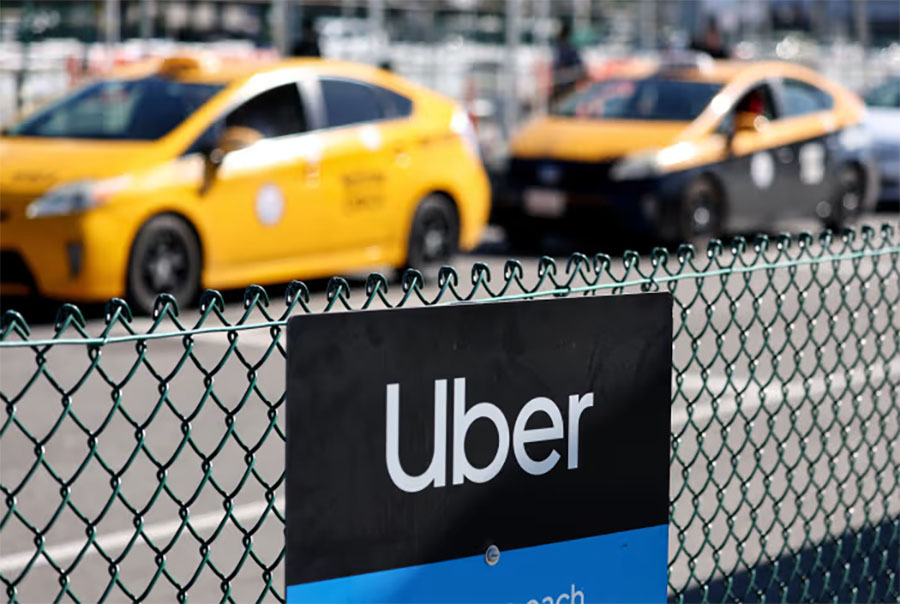
Photo Credit: Getty Images
Uber is facing a lawsuit from the US Federal Trade Commission (FTC) over allegations of deceptive billing and cancellation practices. The consumer protection watchdog accuses Uber of improperly charging customers for its Uber One subscription service and making it difficult for users to cancel their subscriptions.
"The Trump-Vance FTC is fighting back on behalf of the American people," FTC Chairman Andrew Ferguson, a Trump appointee, said in a statement.
An Uber spokesperson denied the allegations, and it was "disappointed" that the FTC chose to move forward with the lawsuit.
Launched in 2021, the Uber One subscription service promises users perks including no-fee delivery and discounts on some rides and orders. The service can be purchased for $9.99 a month or $96 a year.
In its complaint filed on Monday, the FTC said that Uber has made suspending subscriptions "extremely difficult" for consumers, who can be subjected to navigating as many as 23 screens and taking up to 32 actions if they try to cancel.
In a point-by-point response, Uber disputed that allegation.
"Cancellations can now be done anytime in-app and take most people 20 seconds or less," Uber spokesman Ryan Thornton said in a statement.
Uber said that previously, to cancel, the consumer had to contact support within 48 hours of their next billing period but said that is no longer the case and customers can cancel at any time.
The FTC also alleges that many consumers said they were enrolled in Uber One without giving their consent. The complaint cites one consumer who claimed they were charged despite not having an Uber account.
Uber said in its response that it "does not sign up or charge consumers without their consent."
The legal action against Uber marks the FTC's first lawsuit filed against a major US tech company since President Donald Trump took office for his second term in January.
The FTC's antitrust case against Meta, initiated during the Trump administration, is now in its second week of trial. The FTC alleges that Meta, formerly known as Facebook, illegally secured a social media monopoly through its acquisitions of Instagram in 2012 and WhatsApp in 2014. Meta has dismissed the lawsuit, arguing that the FTC had previously reviewed and approved those acquisitions.
















